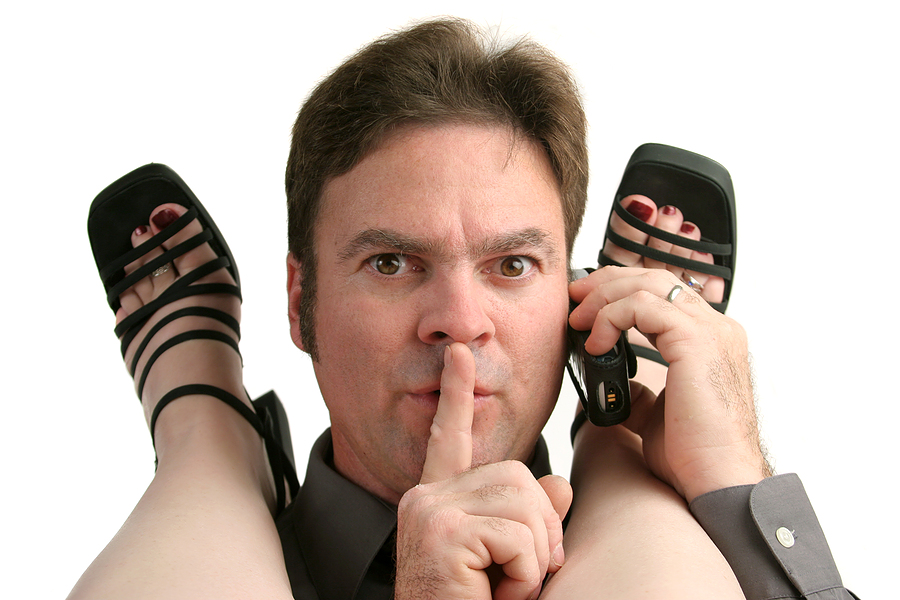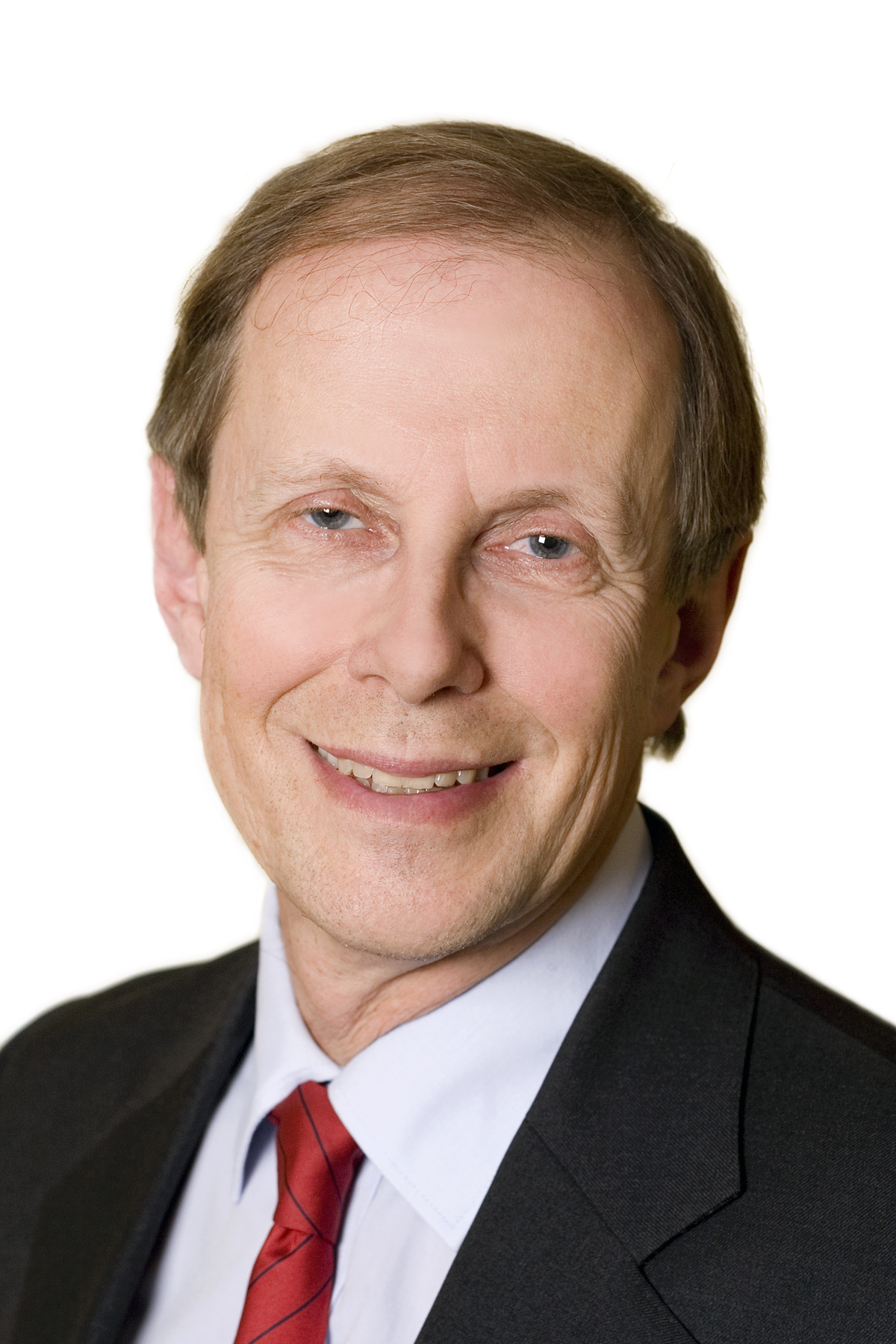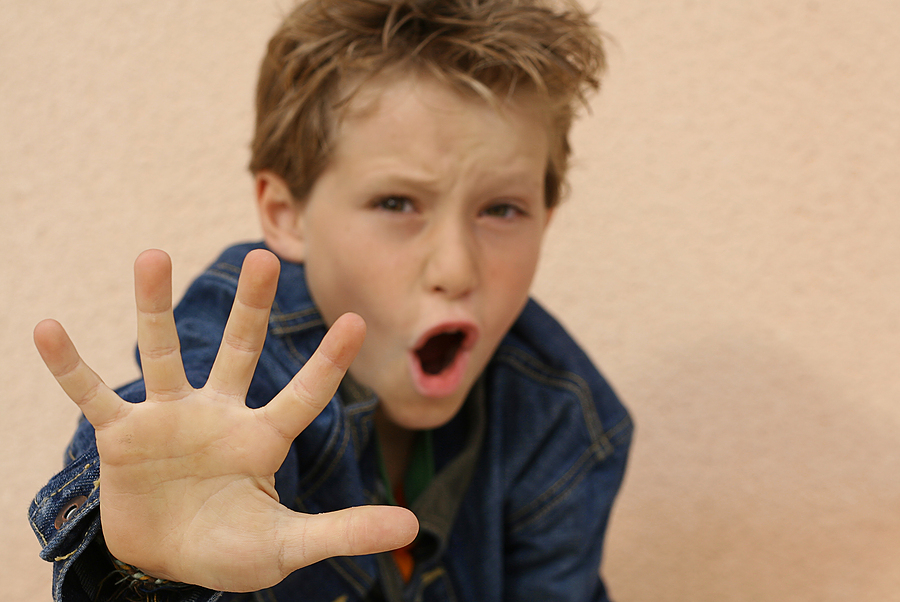
Sex Addiction
Sex addiction (or sexual addiction) has been hotly debated, however it is becoming more and more accepted by psychologists as a condition; while some still suggest it is a compulsive behaviour rather than addiction, our advisers here at Mental Healthy stand by the former and state that sex addiction is in fact a real disorder.

This conclusion is based largely on the fact that like other behavioural addictions, the addict will feel compelled to act in a certain way to obtain the ‘fix’ or ‘high’ sex gives them, and they will be unable to simply stop even if the behaviour is causing themselves or others distress.
Who and why?
Sex addiction is thought to affect 6 in 100 people and one in 5 of those are thought to be women.
As with other addictions the cause is not always clear, a number of psychological factors including; abusive childhood, a desire to feel wanted and a lacking in close personal or fulfilling relationships, have all been cited in therapy as reasons an addict first seeks to fill a void through sex. Other people simply find the buzz they get from the sexual arousal too much to resist and find that they need more and more to feel the same ‘buzz’.
Sex addiction, crime and affairs
Sex addiction can be a troublesome condition for a sufferer and their loved ones. It is important that we point out that while while many people caught having affairs, and prosecuted sex offenders claim to be sex addicts, it is not an excuse nor a valid reason for illegal activities, and most sex addicts are not predatory, violent or criminal.
Whilst sex addiction can leave an addict craving things their partner may not agree to or want, it does not mean an addict will cheat or partake in activities that are harmful to a relationship. It may however prove to be very difficult for a sex addict to be in a monogamous relationship and it is very important that partners communicate and seek help if one suspects they may be an addict.
It is very important to seek help if you feel you are in danger of harming yourself or someone else through your sexual desires. You may find these links helpful:
Symptoms of sex addiction
Patrick Carnes, sets out the symptoms of sex addiction below:
- Recurrent failure (pattern) to resist impulses to engage in acts of sex.
- Frequently engaging in those behaviors to a greater extent or over a longer period of time than intended.
- Persistent desire or unsuccessful efforts to stop, reduce, or control those behaviors.
- Inordinate amount of time spent in obtaining sex, being sexual, or recovering from sexual experience.
- Preoccupation with the behavior or preparatory activities.
- Frequently engaging in sexual behavior when expected to fulfill occupational, academic, domestic, or social obligations.
- Continuation of the behavior despite knowledge of having a persistent or recurrent social, academic, financial, psychological, or physical problem that is caused or exacerbated by the behavior.
- Need to increase the intensity, frequency, number, or risk of behaviors to achieve the desired effect, or diminished effect with continued behaviors at the same level of intensity, frequency, number, or risk.
- Giving up or limiting social, occupational, or recreational activities because of the behavior.
- Resorting to distress, anxiety, restlessness, or violence if unable to engage in the behavior at times relating to SRD (Sexual Rage Disorder).
Books that may help you
Types of sex addiction
Sex addiction does not just describe a person who uses sexual penetration or stimulation, a person may be addicted to pornography, sex chat or even prostitutes. They may have fetishes they crave to live out, they may excessively fantasise or excessively masturbate. Any form of sexual stimulation (physical or psychological) that creates a problem in the users life and cannot simply be stopped, can be classed as a form of sexual addiction.
Behaviors associated with sexual addiction include:
- Excessive need for sexual stimulation
- Compulsive masturbation
- Excessively using pornography
- Multiple sexual partners
- Inability to remain monogamous in a relationship
- Unsafe sex
- Exhibitionism
- Obsessive dating
- Voyeurism
- Regular use of phone or computer sex
- Prostitution or use of prostitutes
- Inappropriate and even criminal behaviour (in extreme cases, it is important to note that most sex addicts are NOT predatory or criminal)
Shame, guilt and recovering from sexual encounters is a big part of addiction. It can be that this part of the condition preoccupies as much of a sufferer's time as the acts of sexual stimulation themselves.
Treating sex addiction
Once a person is honest about their thoughts and feeling, which can be hard due to the very private nature of the addiction, treatment is available.
Many people are too ashamed or embarrassed to seek help, and for some, even knowing they have a problem is not enough to make them want to stop. If you are struggling with sex addiction and want to stop there IS help available.
We suggest you first see your GP, they will have seen it all before, there is no shame in asking for help.
Treatment may include:
- Support groups
- Talking therapy
- Cognitive therapy
- Medication - this may be used to curb the obsessive compulsive nature of the disorder, however it is psychological therapy that will most likely form the foundation for recovery.
- 12 step programmes can also be of great benefit to some addicts
- Family or relationship counselling
Please see the guides below for further help and information
Please see our counselling directory for private help in your area.
Related Guides






























